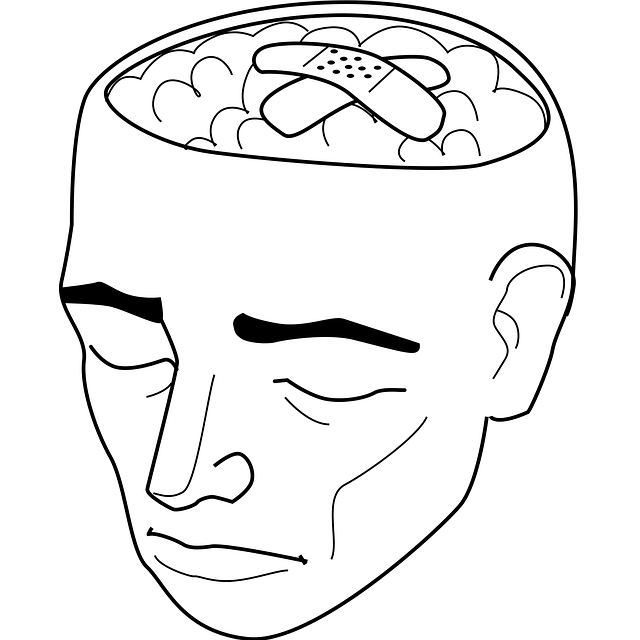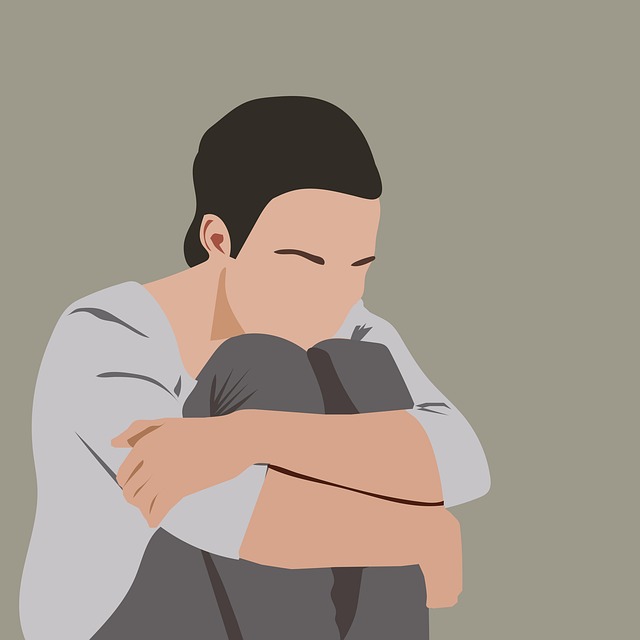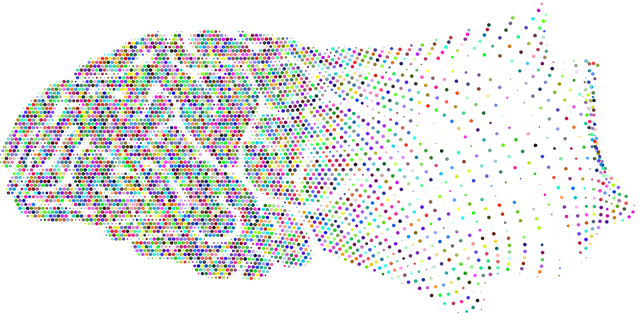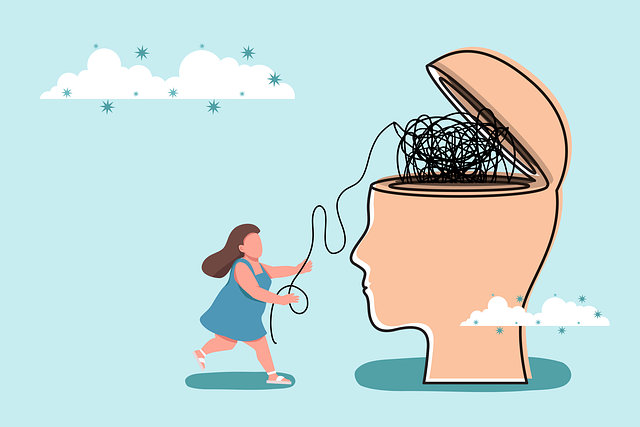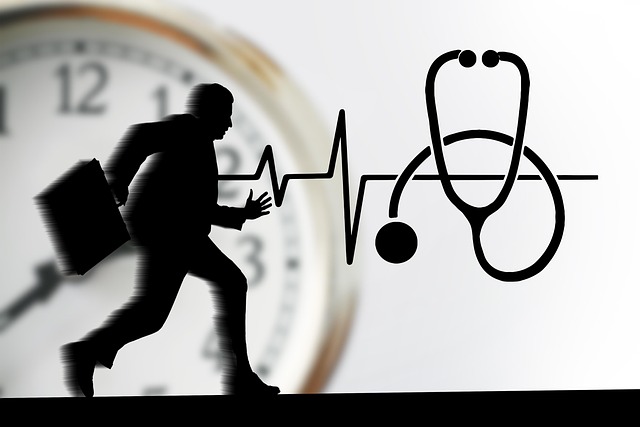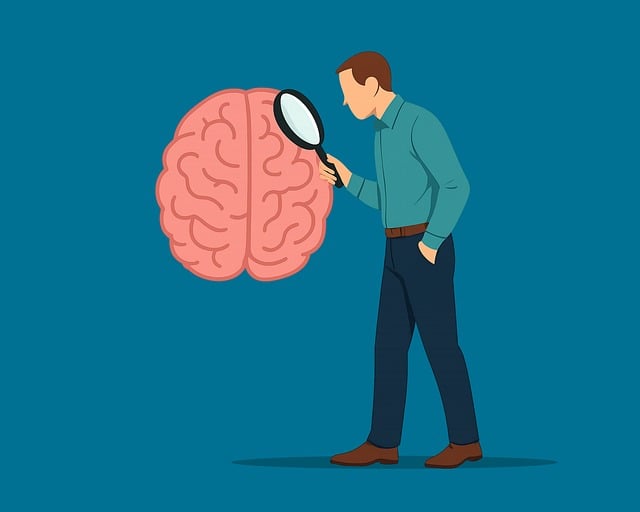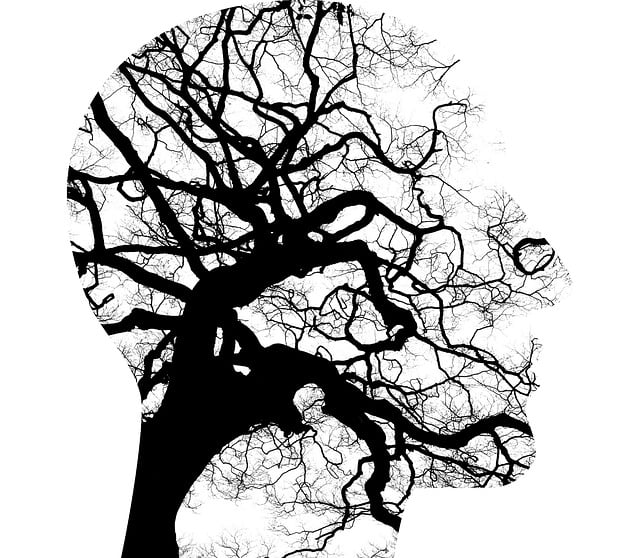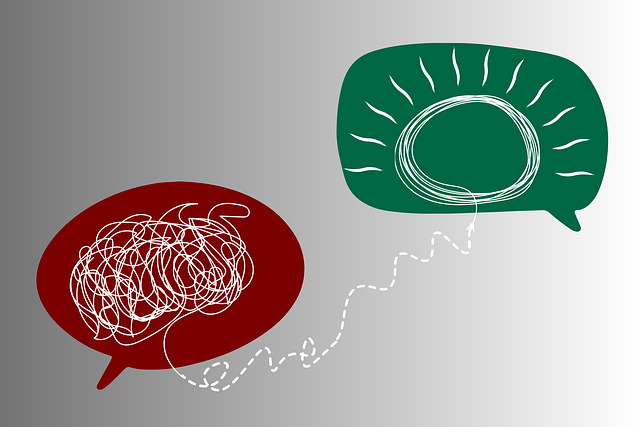Mental wellness group dynamics are key to effective facilitation, creating a supportive environment for individuals to share experiences and build trust. Skilled facilitators guide open communication, active listening, and empathy-building strategies, fostering healing and growth. Superior Self-Esteem Therapy leverages these groups for powerful self-esteem building through shared experiences, crisis intervention, and journaling exercises. Safe spaces promote positive feedback and reinforce pride, while goal-setting activities enhance confidence. Measuring progress with tailored assessments validates program effectiveness and drives continuous improvement, integrating findings into mental wellness coaching programs and accessible educational content like podcasts.
Mental wellness group facilitation plays a pivotal role in fostering community and accelerating personal growth. This article explores dynamic techniques designed to enhance mental health support within group settings. We delve into understanding group dynamics, focusing on strategies to build and strengthen self-esteem using superior self-esteem therapy methods. Additionally, we discuss measuring progress and promoting positive changes, offering insights for facilitators to create transformative experiences.
- Understanding Mental Wellness Group Dynamics
- Facilitation Techniques for Building Self-Esteem
- Measuring and Promoting Positive Changes
Understanding Mental Wellness Group Dynamics

Understanding Mental wellness group dynamics is paramount for effective facilitation. When individuals gather to share experiences and support one another, a unique social fabric forms. This dynamic involves navigating delicate topics while fostering a sense of safety and trust. A skilled facilitator must guide the group towards open communication, ensuring everyone feels heard and respected. By promoting active listening and empathy building strategies, facilitators create an environment conducive to healing and growth.
Mental wellness groups offer a powerful space for individuals to cultivate superior self-esteem therapy through shared experiences. Crisis intervention guidance can be seamlessly integrated into these sessions, providing immediate support when needed. Additionally, Mental wellness journaling exercise guidance encourages members to introspect and document their journeys, fostering personal reflection and collective understanding.
Facilitation Techniques for Building Self-Esteem

Building self-esteem is a cornerstone of superior self-esteem therapy, and group facilitation plays a pivotal role in this process. One effective technique involves creating a safe and supportive environment where members can share their experiences and successes openly. Encouraging peer feedback and positive reinforcement helps individuals recognize their worth and accomplishments, fostering a sense of pride and confidence. This approach leverages the power of community to counteract negative self-perception.
Additionally, group activities focused on setting and achieving personal goals contributes to improved self-esteem. Facilitators can guide members in identifying realistic objectives aligned with their aspirations, breaking them down into manageable steps. Through regular progress updates and celebration of milestones, participants develop a sense of accomplishment and empowerment. Integrating these techniques within the framework of mental wellness coaching programs development and social skills training enhances overall well-being, enabling individuals to cultivate robust self-care routines for better mental health.
Measuring and Promoting Positive Changes

Measuring and promoting positive changes is a pivotal aspect of successful group facilitation, especially when focusing on mental wellness. By employing tailored assessment tools, facilitators can track participants’ progress in areas such as superior self-esteem therapy. Regularly evaluating improvements in symptoms associated with burnout prevention helps to validate the program’s effectiveness. This data-driven approach allows for continuous refinement and ensures the group sessions remain impactful.
Moreover, integrating these measurements into a comprehensive mental wellness podcast series production can amplify the reach of effective techniques. Healthcare provider cultural competency training plays a crucial role here by fostering inclusive practices that resonate with diverse participant backgrounds. Such an integrated approach not only promotes positive changes within the group but also contributes to the broader discourse on mental health through accessible educational content.
Mental wellness group facilitation plays a pivotal role in fostering community, empathy, and positive change. By understanding group dynamics and employing effective techniques like those outlined for building self-esteem, facilitators can create safe spaces that encourage personal growth. Measuring and promoting these changes ensures the success of such programs. Incorporating superior self-esteem therapy within these groups empowers individuals to navigate life’s challenges with resilience and confidence, ultimately enhancing their overall mental wellness.


